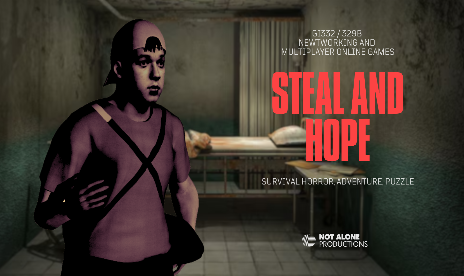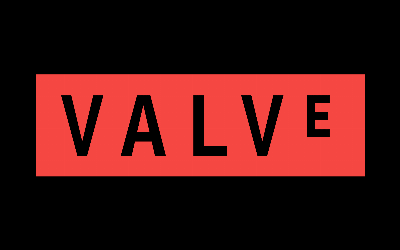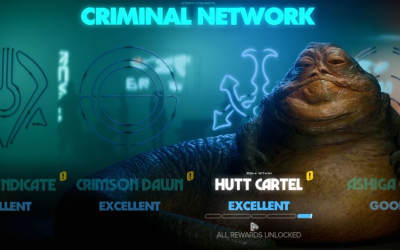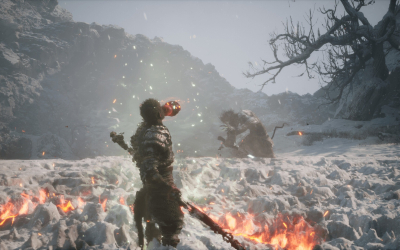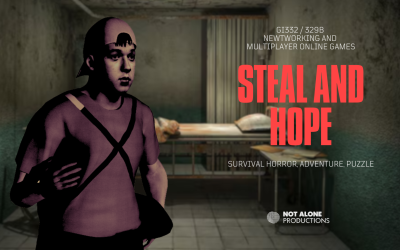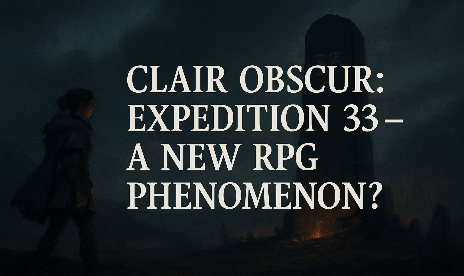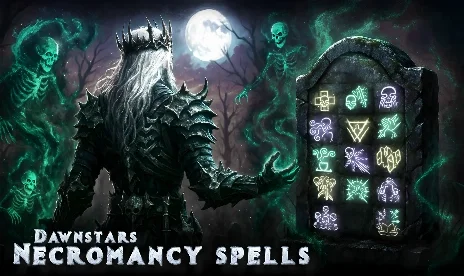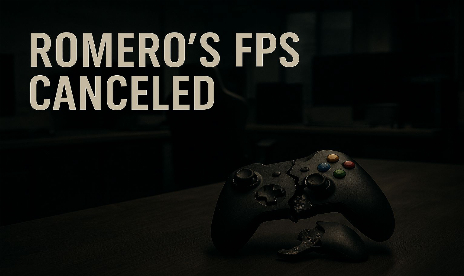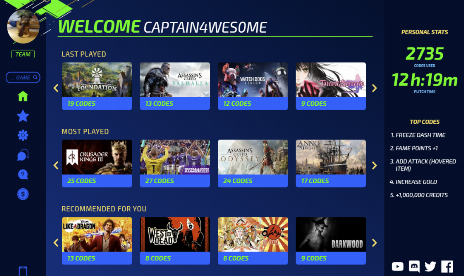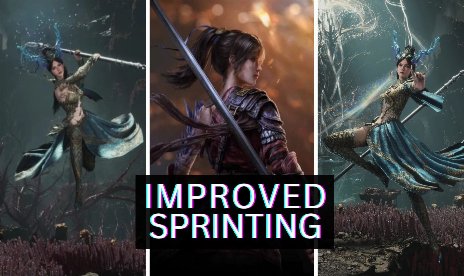Hollywood Told – All You Can Sue
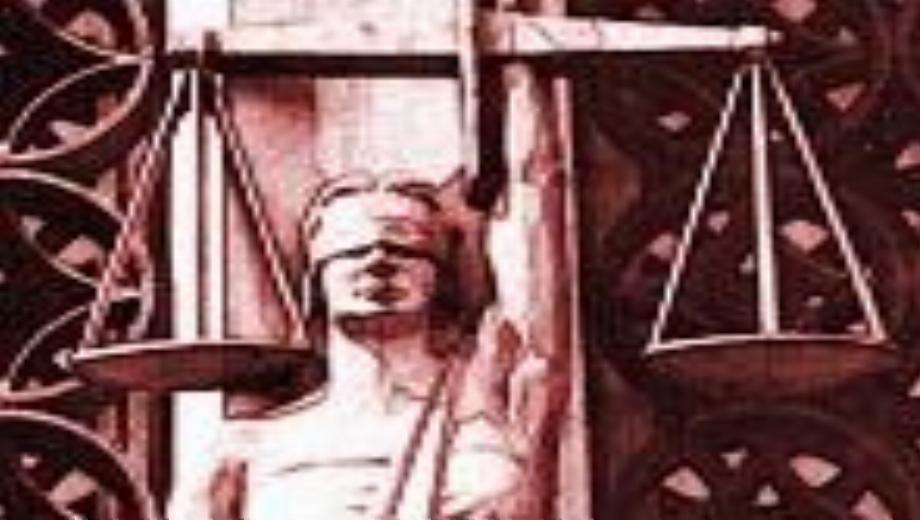
The Supreme Court ruled today on the case of Metro-Goldwyn-Mayer Studios v. Grokster and its decision has left the studios beaming and the entire Internet community in shock.
The justices, aiming to attenuate, what they called the staggering volume of piracy online, decided to set aside concerns that new lawsuits may bring new technological innovations in the industry to a halt. Strangely enough it is the recording industry that is now utilizing the innovations of P2P companies and the market created by them in order to deliver the online music services that have become quite profitable for the industry.
The unanimous ruling is not expected to have an immediate impact on consumers, although it is suspected that companies creating P2P software will have to consider the extent of the risk they may be facing.
The justices attempted to distinguish between companies that intend for their product to be used illegally and for those that merely learn customers might be using products for illegal purposes.
The justices also seemed to accept that the entertainment industry is experiencing difficult times and claimed that the copying of movies, music or software threatens copyright holders as never before
I am pleased that the Supreme Court has considered this important case and determined that those who intentionally induce or encourage the theft of copyrighted music, movies, software or other protected works may be held liable for their actions, said Attorney General Alberto Gonzales.
The ruling represents a significant victory for Hollywood and record labels, which have resorted to suing individually the thousands of computer users caught sharing music and movies online.
We will no longer have to compete with thieves in the night whose businesses are built on larceny, said Andrew Lack, chief executive for Sony BMG Music Entertainment.
In a demonstration against the ruling and the entertainment industry's methods, an example of legal purposes for file-sharing was showcased by users who circulated the court's published opinion over Internet file-sharing services. Government-produced documents generally are not protected by copyright.
According to the decision, Grokster Ltd. and Streamcast Networks Inc., can be sued because they deliberately encouraged customers to download copyrighted files illegally so they could build a larger audience and sell more advertising. Justice David H. Souter also added that the …unlawful objective is unmistakable.
The court suggested that Grokster and Streamcast made no effort to block illegal activity on their networks even though the companies claimed that it was not possible to do so.
The court tried to balance its decision by stating that a company that merely learns its customers are using its products for illegal purposes, should not be liable. That balance was necessary according to the court so that it …does nothing to compromise legitimate commerce or discourage innovation having a lawful promise. The court said it wanted to protect an inventor who must predict how consumers months or years in the future might use new technology.
The price of a wrong guess … could be large, Justice Stephen G. Breyer wrote.
The lawyer for the software companies, Richard Taranto, claimed he would argue, in a new trial, that his clients did not encourage any illegal activity on their networks. He also complained that the Supreme Court's ruling was so vague it was impossible to know which companies might be sued.
You can't be terribly sure how it might apply to you, Taranto said.
The defense in the case revealed fears that the decision may …unleash a new era of legal uncertainty on America's innovators and that unresolved questions will probably tie up courts for a long time.
This Supreme Court decision was meant as a refinement to the Sony Betamax case which had protected the Japanese consumer electronics giant from any liability over consumers who used its VCRs to make illegal copies of movies because most people used VCRs legally. The landmark 1984 Supreme Court ruling was the main precedent cited by the defense.
Nothing in Sony requires courts to ignore evidence of intent to promote infringement, the court said. The supreme court declined to go further however, saying it wanted …to leave further consideration of the Sony rule for a day when that may be required.
This decision is not expected to affect the thousands of copyright lawsuits filed already against computer users by the trade groups for Hollywood studios and the largest labels.


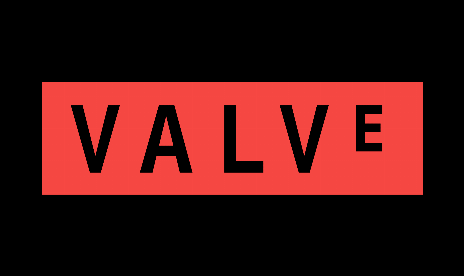

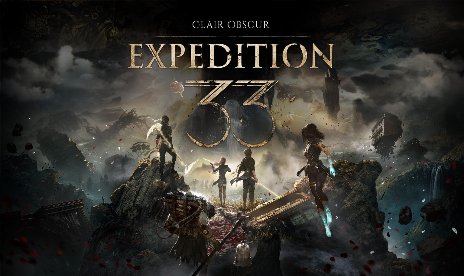
![Palworld (+46 Trainer) [FLiNG] – Update December 2025](https://9588947a.delivery.rocketcdn.me/wp-content/uploads/2024/02/palworld-1-464x276.jpg)

![Doom: The Dark Ages Update 3 (+11 Trainer) [iNvIcTUs oRCuS]](https://9588947a.delivery.rocketcdn.me/wp-content/uploads/2025/07/Doom-The-Dark-Ages-1-464x276.jpg)



